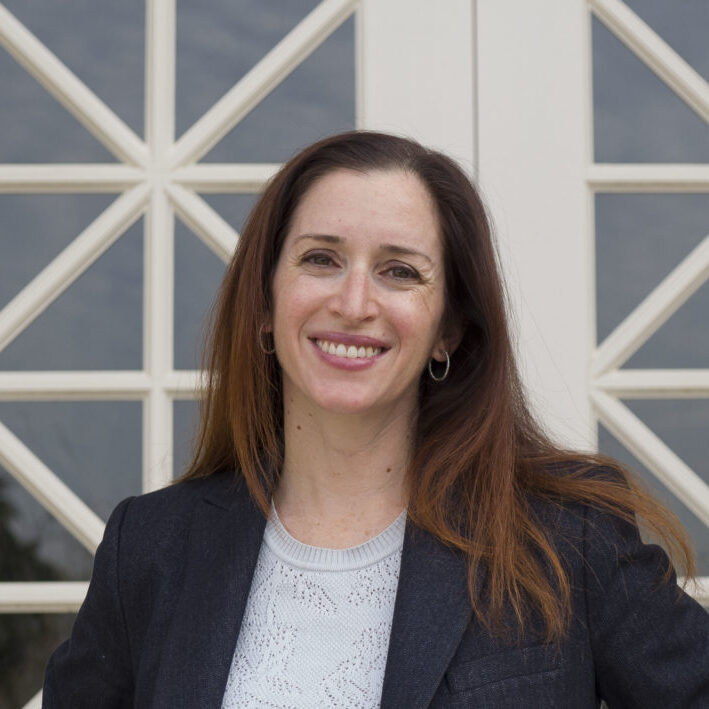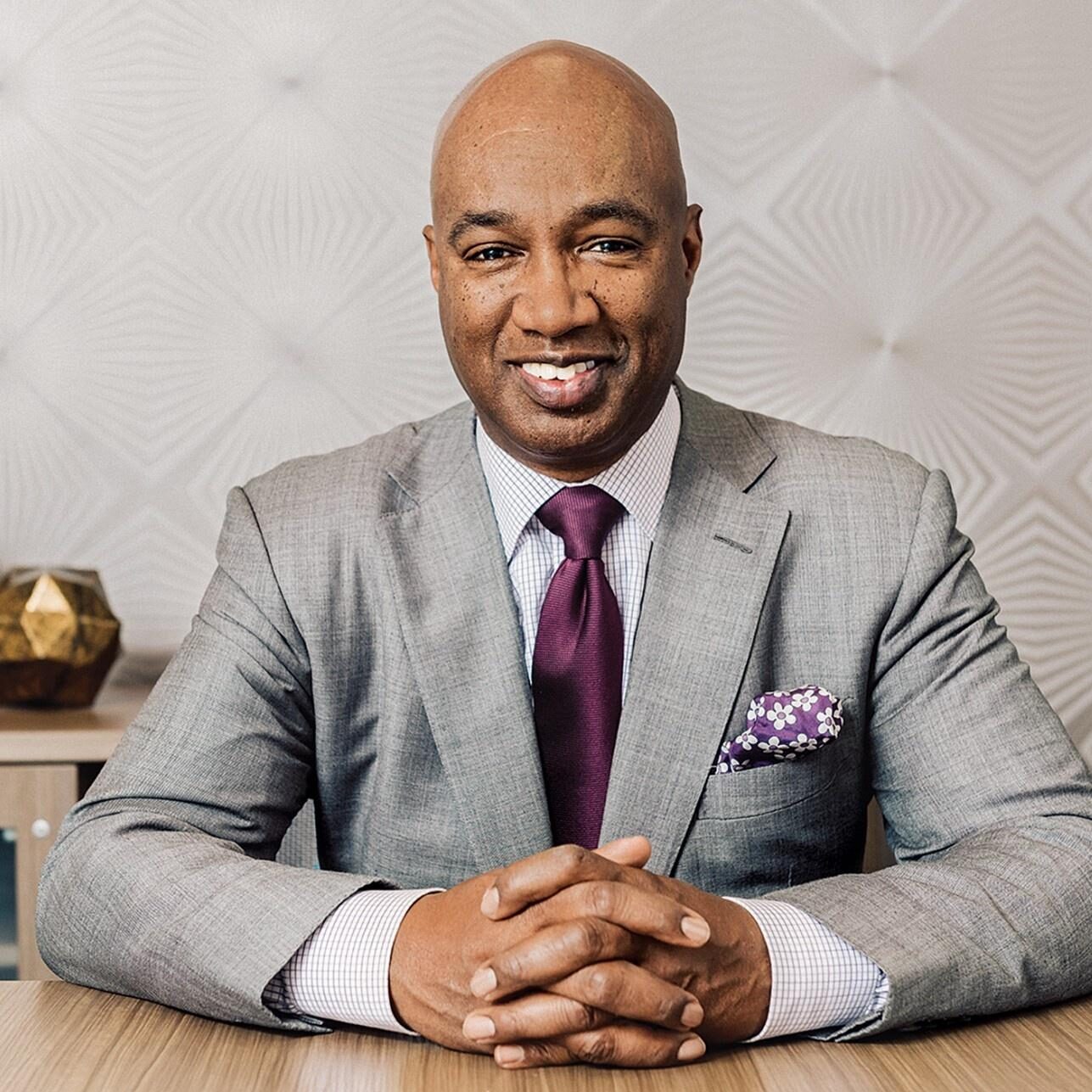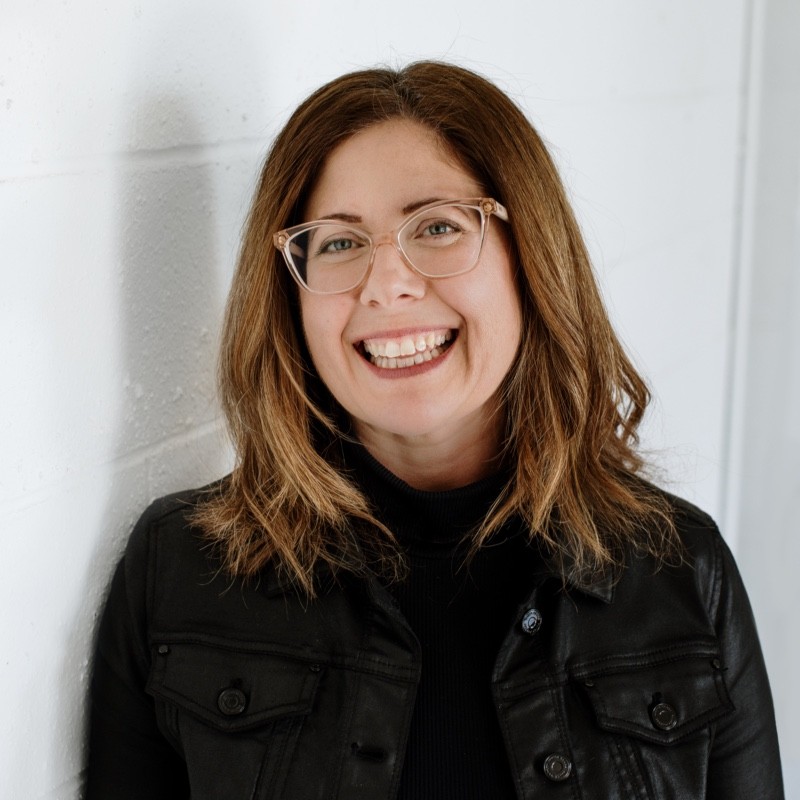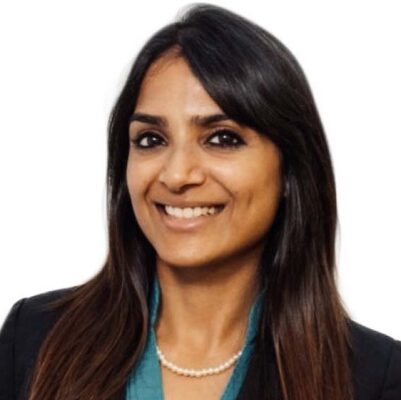
03:00 - 04:30 pm
The Federal Role in Advancing Digital Equity

In this webinar, the fifth in a series on digital equity, Dr. Vikki Katz of Rutgers University moderated a conversation around the role of the federal government in helping to close the digital divide. Dr. Katz engaged three expert panelists and three thoughtful commentators, all of whom brought deep knowledge and insights on the federal role in creating access to technology and broadband; tools that are no longer an accessory but are essential tools, especially for low-income students, families and communities. Below are highlights of the highly engaging discussion between the moderator, the panelists and the commentators:
- Larry Irving, CEO of the Irving Group, provided historical context to help us understand how we got to where we are on the federal policy front, with regard to digital equity. He also shared where federal funding is currently going and how it could be spent more efficaciously and equitably. Mr. Irving closed out his remarks by highlighting how public institutions — libraries, schools, hospitals, etc. — are serving as a gateway for internet access for students and families.
- Angela Siefer, Executive Director of the National Digital Inclusion Alliance, discussed some of the most critical elements for addressing digital equity and highlighted the importance of considering digital equity solutions that serve the whole family, rather than a narrow focus on serving students. She also addressed key gaps that need urgent attention.
- Divya Sridhar, Policy Director of Digital Equity at ExcelinEd, focused on state-level efforts and how the CARES Act funding has played a role in spurring some action. She also addressed the importance of the Heroes Act in the short term and the long term. Ms. Sridhar also indicated that the intersection between our educational equity mission and digital equity mission is now one in the same in this time of remote learning.
- Commentator Jack Lynch, Director of State Engagement at EducationSuperHighway, discussed the CARES Act, the impact of that investment at the local level, and what happens now that funding is running out. His reflections led to an acknowledgment that technology access is no longer “nice to have” but a “need to have”; these tools are a necessity, not a luxury.
- Commentator Claire Park, Program Associate at Open Technology Institute at New America, discussed the issue of affordability. She stressed that technology is akin to other utilities in our lives and yet the cost per month in the U.S. is higher than other utilities. Further, the cost for internet in the U.S. is higher than most other countries across Asia, Europe and North America. Ms. Park stressed the need for the Federal Communications Commission (FCC) to play a greater role in supporting subsidized programs for low-income consumers, like it has with Lifeline and E-Rate.
- Commentator John Ferguson, Manager of Digital Access for All at The Patterson Foundation, discussed the importance of a coordinated effort that includes the child, the family and the community and that addresses affordability, ensuring the right devices for students at different grade levels and technology assistance and supports. Mr. Ferguson also reminded the audience that teachers also need technology, broadband access and supports.
Final comments from the panel focused on the need for the federal government to promote coordination across districts, and not competition, and the importance of community leaders advocating to Presidential transition teams their ideas to close the digital divide.


 All Events
All Events





